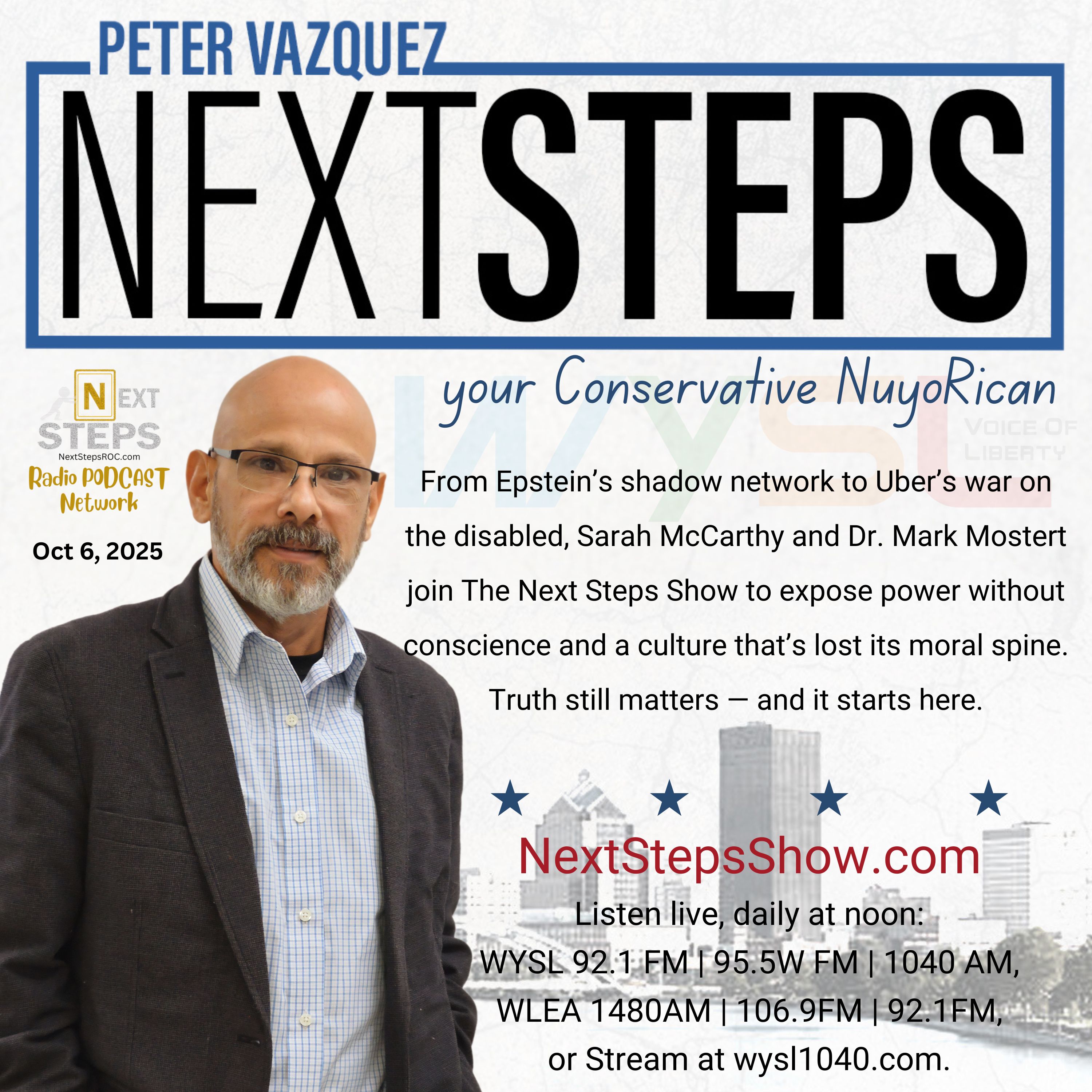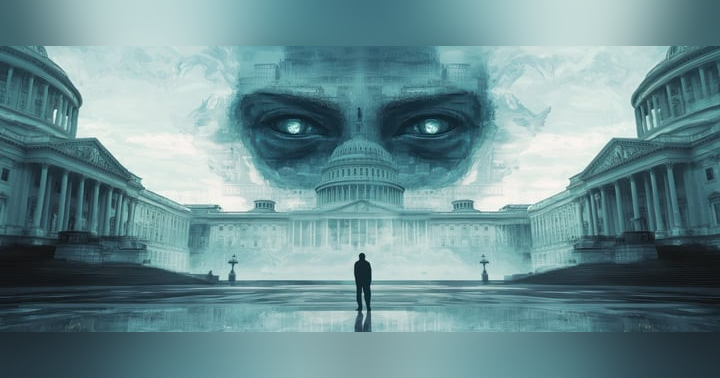
Shadows of Power: It began the way evil often begins: quietly. A diary with a blue butterfly on the cover, a young woman’s handwriting pressed hard into the page like a bruise that will not fade.
In our interview, author Sarah McCarthy describes how that “pink diary with a blue butterfly” and throwaway cameras—found where cameras were not supposed to exist—documented a truth the powerful insisted was fantasy. It was not a rumor mill, and it was not a conspiracy board. It was ink on paper, photos on film, flights on logs, faces in rooms. It was names you know in places you would rather forget.
McCarthy’s friend Juliet was recruited in 2002, flown not just to an island but to apartments and ranches, moved by promises and pinned down by threats. The story you have been told about Jeffrey Epstein as a lone degenerate with a private island is the polite version. The real version, the one that bleeds through those diary lines, looks organized—recruiters and handlers, money and leverage, the cold calculus of people treated like parts.
Even after Epstein’s 2019 arrest and death, the paper trail remains. The flight logs remain. The properties remain. So does the obvious: you do not traffic in silence without a system that benefits from everyone staying quiet.
We know some facts beyond dispute. Epstein cultivated scientists and elites, financing pet ideas and gathering prestige like armor. He spoke openly—brazenly—about eugenics-flavored fantasies, including “seeding the human race with his DNA” at his New Mexico ranch. That is not speculation from fringe corners; it was reported through mainstream outlets, citing scientists and acquaintances who heard it from him directly. The fact that anyone in polite society entertained a conversation like that tells you a great deal about the rot attending wealth without moral guardrails.
Other facts are equally stubborn and equally inconvenient. Prominent figures flew with Epstein. Some said it was charity work; some said it was convenience; some now say nothing. Publicly released logs show former President Bill Clinton on Epstein aircraft multiple times in the early 2000s, though his office frames them as a few trips related to foundation work. However you prefer to count, the overlap exists, the explanations are contested, and the consequences are still arriving by certified mail.
This is the point where most media pull back and lower their voices. We will not.
Because the pattern does not end at the waterline of a Caribbean island. The same contempt for the voiceless that enabled Epstein’s world is alive in places you use every day.
In this very moment, the U.S. Department of Justice is suing Uber for systemic discrimination against people with disabilities, blind riders with service animals, wheelchair users, Americans who simply need a few extra minutes to get into a car without being punished for existing.
The complaint outlines repeated denials, illegal fees, and drivers who sped off rather than honor civil rights that have been law for decades. The case seeks permanent injunction and up to $125 million in damages for those harmed. It was filed on September 11, 2025.
If you are tempted to shrug, remember this is not Uber’s first dance with the ADA. In 2021, DOJ sued Uber for charging “wait time” fees that penalized disabled riders for taking more than two minutes to board. That case ended in a settlement—Uber agreed to change its policies and compensate riders—yet here we are again, facing allegations that the message never reached the street. When a company’s press releases say one thing and lived experience says another, the law exists to close the gap.
You want numbers, not just anecdotes? Here is the ledger. More than one in four American adults—28.7 percent—live with some form of disability. That is not a niche; that is your neighbor, your parent, your child, your veteran, your colleague, and in more cases than you realize, it is you. Break it down and the picture sharpens: 13.9 percent report serious difficulty with memory or decision-making (cognition), 12.2 percent with mobility, 7.7 percent with independent living, 6.2 percent with hearing, with additional shares facing vision and self-care challenges. These are CDC figures. They are not political. They are reality.
So here is the story thread that ties a blue butterfly to a rideshare app: power without conscience preys on those it believes cannot or will not fight back. Sometimes that looks like a billionaire buying immunity with jet fuel and social credit. Sometimes it looks like a driver rolling past a blind rider and pretending not to see. The scale differs. The moral math does not.
When Dr. Mark Mostert joined us, he did not come to perform outrage. He came with the unglamorous weight of 35 years in disability policy and the simple expectation that a civil right is not a suggestion. He echoed what many of us who believe in limited government know to be true: throwing more money at a problem is not the same as fixing it.
Enforcement of existing law, clarity of standards, and consequences for violators are non-negotiable. Then comes the other half of the conservative answer: competition, transparency, and personal responsibility.
Competition means you do not trap people in a single broken system that treats them like data points. It means private actors have both the pressure and the incentive to serve every lawful customer and get punished when they do not.
Transparency means policies that start at the boardroom and arrive intact, at the curb where a wheelchair needs lifting and a dog needs a seat.
Personal responsibility means drivers are trained, held to account, and replaced if they will not abide by the law. None of this requires reinventing America. It requires remembering her.
Whenever the subject turns to disability, the bureaucracy’s first instinct is to grow. The nation’s first instinct should be to deliver.
Start with the basics: fully enforce the Americans with Disabilities Act. Title III already prohibits discrimination by places of public accommodation. If a company wishes to operate on a national scale on public roads, it must honor public rights, period. That is not “big government,” that is the rule of law. When DOJ enforces the ADA, it is not inventing new authority; it is insisting that the bill you already paid now be honored.
But enforcement is the floor, not the ceiling. The cultural work remains: businesses making disability competence part of operations, not a compliance afterthought. Try a harmless exercise. Visit a popular beach or tourist strip and ask hotels how many rooms truly meet accessibility need-wider doors, roll-in showers, grab bars placed for actual use, not decoration.
If your town looks like most, the answer is “too few.” That is not because America lacks money or statutes. It is because too many decision-makers treat accessibility as charity rather than a core design constraint and a market opportunity.
Market opportunity is not a euphemism here. The disability community and caregivers represent tens of millions of consumers. They book rooms, buy meals, purchase tickets, ride in cars, and raise children. The CDC’s 28.7 percent figure equates to roughly 75 million adults. Ignore them, and you are not only flirting with a lawsuit; you are burning revenue. The moral and the practical point in the same direction.
What does a sane, conservative path forward look like?
- First, tell the truth, even when it costs. In the Epstein orbit, truth was suppressed under velvet and glass: donations, invitations, soft profiles, and the strange tolerance elite institutions reserve for men who appear to make money by breathing. That tolerance ended only when the evidence became heavier than the excuses. We do not need new blue-ribbon panels to learn this lesson again. We need citizens with spine, publishers, prosecutors, professors, and pastors who will not rent out their integrity for proximity to power. When papers of record report a financier’s fascination with eugenics and elite scientists nod politely, the alarm bell should not be subtle.
- Second, defend civil rights by enforcing existing law quickly and publicly. No more secret settlements with confidentiality clauses that function as gag orders masquerading as justice. When a company breaks the ADA, resolve the case, compensate the victims, and make the corrective plan transparent. Then post quarterly results: driver dismissals for violations, training completion rates, hotline response times, reversed fees, and documented accommodations.
- Let sunlight make examples of the obstinate and models of the reformed. It is astonishing how quickly corporate culture adapts when the scoreboard is mounted at the front gate.
- Third, unleash competitive pressure. If a rideshare platform refuses to serve disabled riders, competitors should pounce with better training, faster assistance, and zero-tolerance enforcement. The first platform to guarantee real ADA compliance and publish granular outcomes will earn loyalty that no coupon code can buy. The market is not the enemy of justice. Properly aligned, it is the engine that carries justice to your driveway.
- Fourth, rebuild virtue where policy cannot reach. There will never be enough inspectors to police every curb cut, every revolving door, every hurried driver. We need neighbors who help, companies that mean it, and leaders - civic, corporate, and spiritual - who say out loud that a nation is judged by how it treats those who move slower, see less, or hear differently. This is not politics. This is civilization.
If you are wondering why a show that opens with a blue butterfly diary ends with a federal lawsuit against a rideshare giant, the answer is simple. The thread that runs through both is the same thread that runs through every collapse in history: truth bows to comfort, and the strong take from the unprotected. But there is another thread as well. When conviction returns, the powerful shake in their boots, and the forgotten rise.
That is not poetry. That is what happens when citizens say “enough,” when prosecutors file cases, when companies feel the cold edge of accountability, and when survivors put their names on the record and refuse to be reduced to footnotes.
Sarah McCarthy’s testimony matters because it refuses to accept the sanitized version of a scandal that still reaches into our institutions. The DOJ’s case against Uber matters because it refuses to let daily indignities pass as normal. The CDC’s numbers matter because they tear down the fiction that disability is a small issue for a small group.
There is one more uncomfortable truth. Bureaucracy will not save us from a lack of courage. It can punish violations and set standards, and it must. But without courage of boards to fire noncompliant drivers, of managers to design access first, of cultural elites to say “no” to tainted money and status, nothing changes. Bureaucracy is a skeleton. Virtue provides the muscle.
So what now?
If you lead a company, publish your disability policy and your numbers. Make it someone’s job to get those numbers right and someone else’s job to verify. If you drive for a platform, learn the law and live it. If you have a neighbor who needs help, offer it before you are asked. If you are tempted to tune out, do not. People like Juliet live in the distance between our attention and our action.
As for the rest of us, we choose whether truth is a hobby or a habit. We can keep averting our eyes, or we can face the ledger: Epstein’s pretense of genius masking predation; an industry’s convenience masking discrimination; a culture that talks empathy while outsourcing it to a policy memo. The lesson from the diary and from the lawsuit is identical. Evil thrives when comfort becomes king. Accountability begins where comfort ends.
This is why the Next Steps Show exists. Not to flatter power. Not to launder reputations. To hold a light on the places where the voiceless are processed and the comfortable look away. Sarah McCarthy came armed with a story the powerful preferred to bury. Dr. Mark Mostert arrived with the clarity that rights without consequences are slogans. And the Department of Justice, for all our disagreements with Washington, is right to press a case when a company treats a civil right like a suggestion.
Power without conscience is loud. Truth must be louder.
Stand. See. Speak. Then act.



